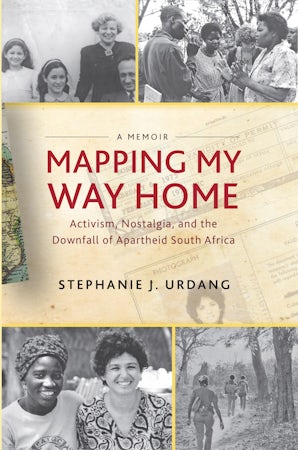Revolutions Have Brought Disappointment–But Hope Remains: Stephanie Urdang on Southern Africa

Stephanie J. Urdang, author of Mapping My Way Home: Activism, Nostalgia, and the Downfall of Apartheid South Africa, is a guest columnist for AllAfrica, an outlet aggregating, producing, and distributing news and information by and about Africa. Her column appeared on January 21:
“When I immigrated to the United States from South Africa towards the end of the 1960’s I was totally unaware of the wars of liberation against Portuguese colonialism that had begun in the early 1960’s in the neighboring countries of Mozambique and Angola. All I knew about Mozambique was the reputation of its capital, Lourenço Marques, as a cosmopolitan Portuguese-style city where white South Africans went on holiday….”
Read Stephanie Urdang at AllAfrica


